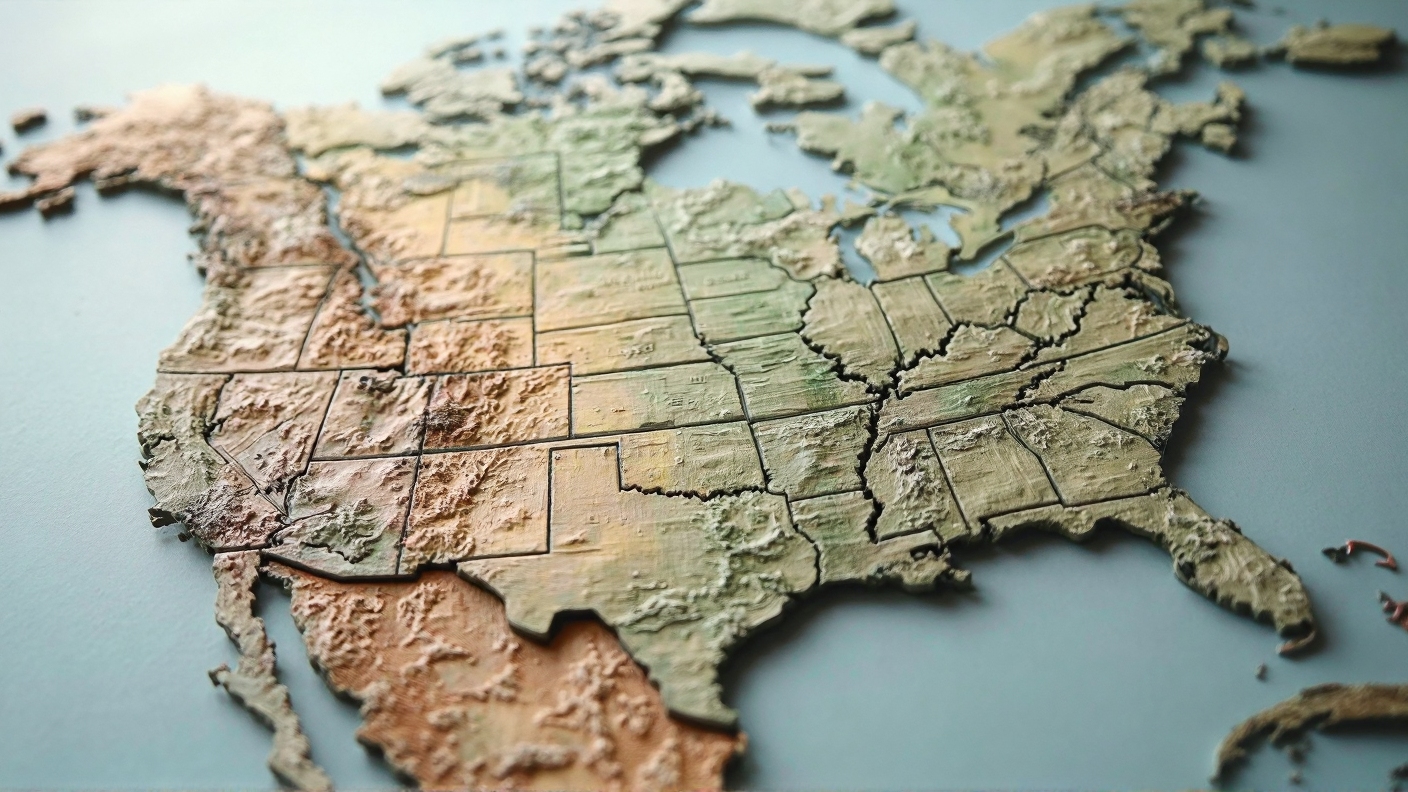
Canada joining the U.S.A. is very controversial - But what do you think? Should they do it?
Examining the Case for Canada Joining the United States: Pros and Cons
In recent months discussions about deeper integration between Canada and the United States have occasionally surfaced in political discourse. While most Canadians and Americans might consider the notion of a formal union between the two nations as far-fetched, examining the potential benefits and drawbacks of such a dramatic geopolitical shift offers fascinating insights into the relationship between these neighboring countries.
This article explores both sides of this hypothetical scenario: the potential advantages that might come with Canada joining the United States, as well as the significant concerns and objections such a proposal would face. By examining economic, cultural, political, and social dimensions, we can better understand the complex ties that both connect and separate these North American allies.Arguments in Favor: Potential Benefits of Unification
Economic Advantages
Proponents of unification point to significant economic benefits that could emerge from Canada joining the United States. The elimination of trade barriers would create a truly seamless North American market, potentially boosting Canada's GDP by removing remaining restrictions under the current USMCA agreement. Canadian businesses would gain unrestricted access to the world's largest economy with its 330+ million consumers.
Canadian workers might benefit from higher average wages, as U.S. median household income has historically been 15-20% higher than Canada's. Industries like manufacturing and technology could see increased investment as companies would no longer need to navigate cross-border regulatory differences.
Tax Relief
One of the most tangible benefits for many Canadians would be a potential reduction in their tax burden. The average Canadian family currently pays significantly higher taxes than their American counterparts. Canada's combined federal-provincial income tax rates can reach nearly 54% for high earners in provinces like Ontario, compared to a maximum federal-state combined rate of around 37% in high-tax U.S. states.
Middle-class Canadians could see thousands of dollars in annual tax savings under the American system. Additionally, U.S. sales taxes (equivalent to Canada's GST/HST) are generally lower than Canadian rates, which range from 5% to 15% depending on the province. This tax differential could translate to increased purchasing power and higher disposable income for Canadian households.
Global Influence
As part of the United States, Canadians would become citizens of the world's dominant superpower. Canada's diplomatic clout, currently limited by its relatively small population and military, would be amplified significantly. Canadian perspectives could help shape American foreign policy from within, potentially leading to more balanced international relationships.
The Canadian military, which has struggled with funding and equipment modernization, would become integrated with the world's most powerful armed forces, potentially leading to enhanced security and increased career opportunities for service members.
Practical Conveniences
On a practical level, unification would eliminate border crossings, work permits, and immigration restrictions between the two countries. The millions of Canadians who travel to the U.S. for business, pleasure, or to escape winter weather would face no restrictions or documentation requirements.
Many Canadians who pursue educational or career opportunities in the U.S. would no longer face visa limitations or the uncertainty of temporary status. The roughly 800,000 Canadians currently living in the United States would immediately become full citizens with voting rights and complete security of residence.Arguments Against: Significant Concerns About Unification
Loss of Canadian Identity and Sovereignty
Perhaps the most compelling argument against unification is the potential erosion of Canada's distinct national identity. As the smaller partner (population-wise) in such a union, Canadian cultural distinctiveness could be overwhelmed by American influence. Canada's bilingualism, multicultural policies, and unique heritage might struggle to maintain prominence within the larger American framework.
The loss of sovereignty would mean Canadians would no longer control their own affairs exclusively. Instead of comprising 100% of their own nation's electorate, Canadians would constitute roughly 10% of the voting population in a unified country. This would significantly diminish their ability to determine policies that reflect specifically Canadian values and interests.
Healthcare and Social Program Concerns
Canada's universal healthcare system represents a core difference between the two nations and a source of national pride for many Canadians. The American healthcare system, despite recent reforms, remains primarily private insurance-based with significantly higher costs. A 2020 study by the Fraser Institute found that Canada spends about 11% of its GDP on healthcare compared to nearly 17% in the United States.
Beyond healthcare, Canada offers more comprehensive social programs in areas like parental leave, childcare subsidies, and affordable higher education. Many Canadians fear these programs would be diluted or eliminated under American governance, where social safety nets are generally less robust.
Political and Constitutional Differences
The Canadian parliamentary system differs significantly from the American presidential system. Many Canadians value their Westminster model of government, with its parliamentary traditions, question periods, and flexible election timing. The fusion of powers in the Canadian system contrasts with the American separation of powers, which can lead to legislative gridlock.
Canada's Constitution and Charter of Rights and Freedoms reflect different values and priorities than the U.S. Constitution. The Canadian approach to issues like gun control, hate speech limitations, and the balance between individual and collective rights would likely be transformed under American constitutional governance.
Environmental Concerns
Canada has historically taken a different approach to environmental protection than the United States, particularly regarding climate change. Despite criticisms that neither country does enough, Canada has generally been more aligned with international climate agreements. Unification could potentially subject Canada's vast natural resources to less stringent environmental regulations.
The Arctic presents another area of concern. Canada's sovereignty claims over Arctic waters and passages could be subsumed into broader American interests, potentially leading to increased militarization and resource extraction in fragile northern ecosystems.
Conclusion: Weighing Complex Considerations
The question of Canada potentially joining the United States touches on fundamental aspects of national identity, economic priorities, political systems, and societal values. This examination reveals the significant trade-offs that would come with such a dramatic geopolitical shift.
On one hand, economic integration, tax advantages, increased global influence, and practical conveniences present compelling arguments for unification. On the other hand, concerns about sovereignty, cultural preservation, healthcare, social programs, and environmental policies raise important questions about what might be lost in such an arrangement.
What emerges from this analysis is not a clear answer but rather a deeper understanding of the complex values, priorities, and systems that define these two neighboring nations. Both countries have developed distinct approaches to governance and society while maintaining one of the world's most extensive bilateral relationships.
As citizens of both nations consider their future, this thought experiment serves not to promote any particular outcome, but to encourage thoughtful reflection on what Canadians and Americans value most about their respective countries and what they might envision for the future of North America.
We invite readers to share their own perspectives on this hypothetical scenario and what it reveals about their views on national identity, governance, and international relationships in today's changing world.
Author: Mark Bajanen with the assistance of Type.AI for statistical and public info

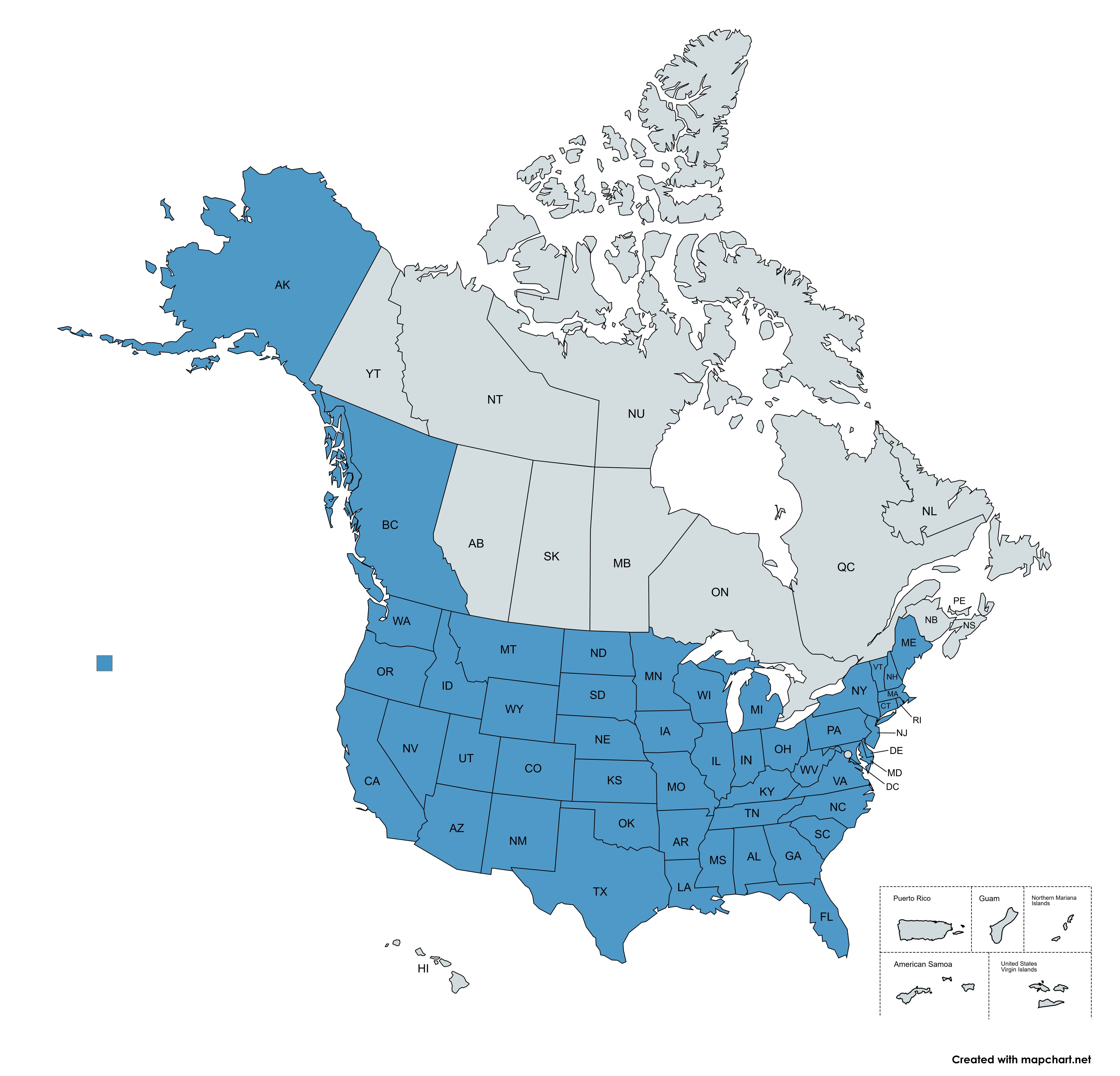
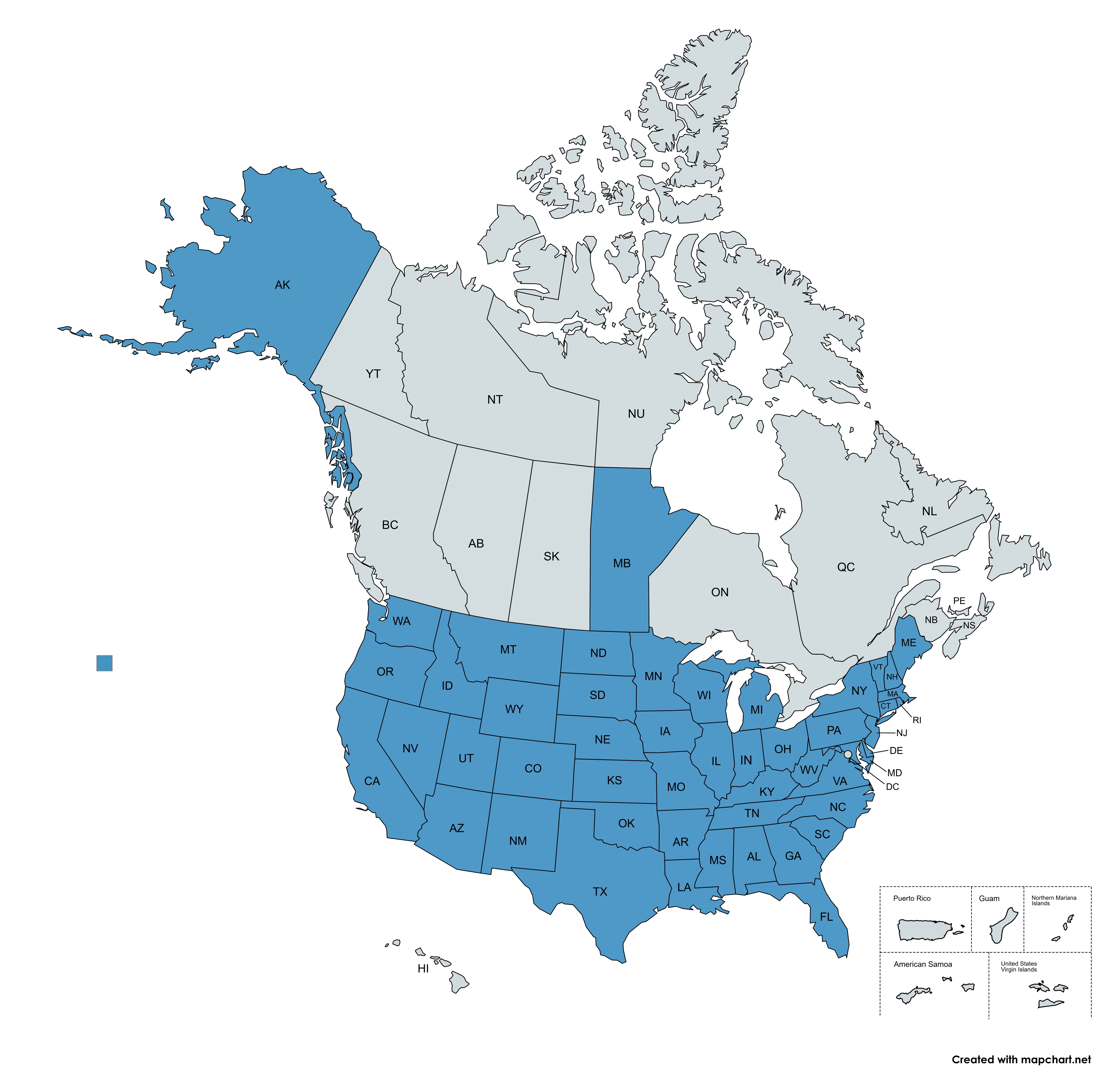
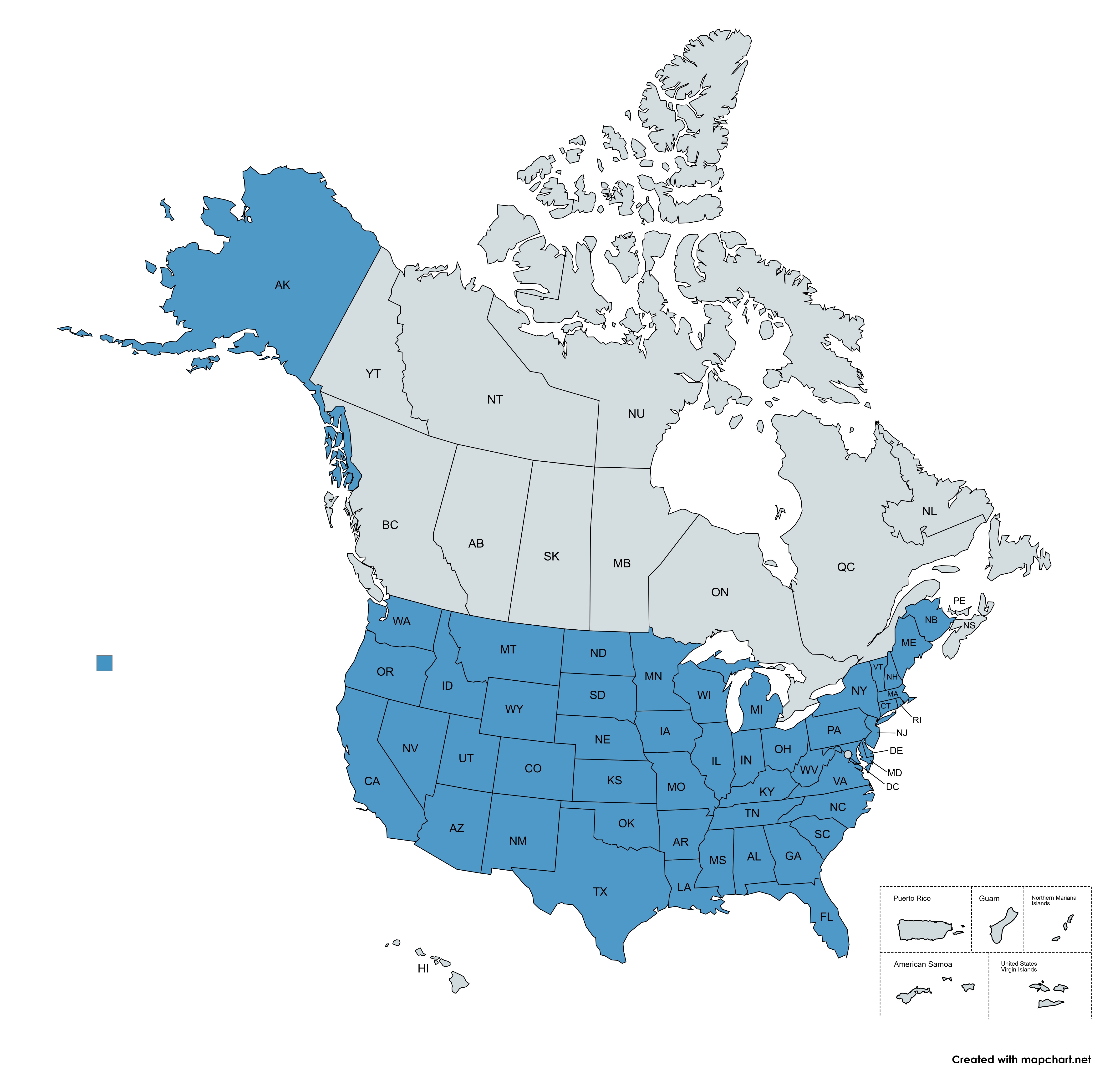
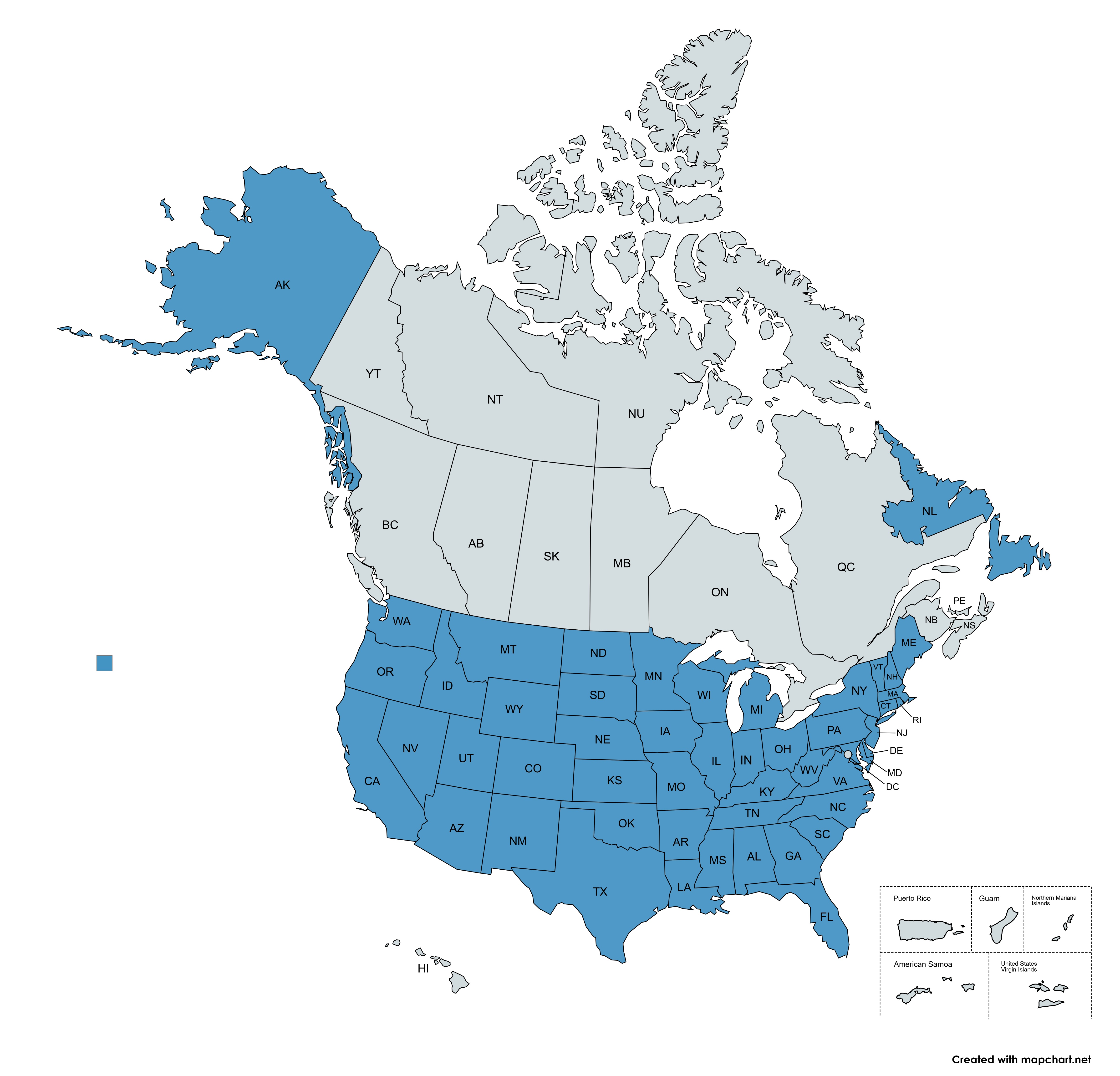
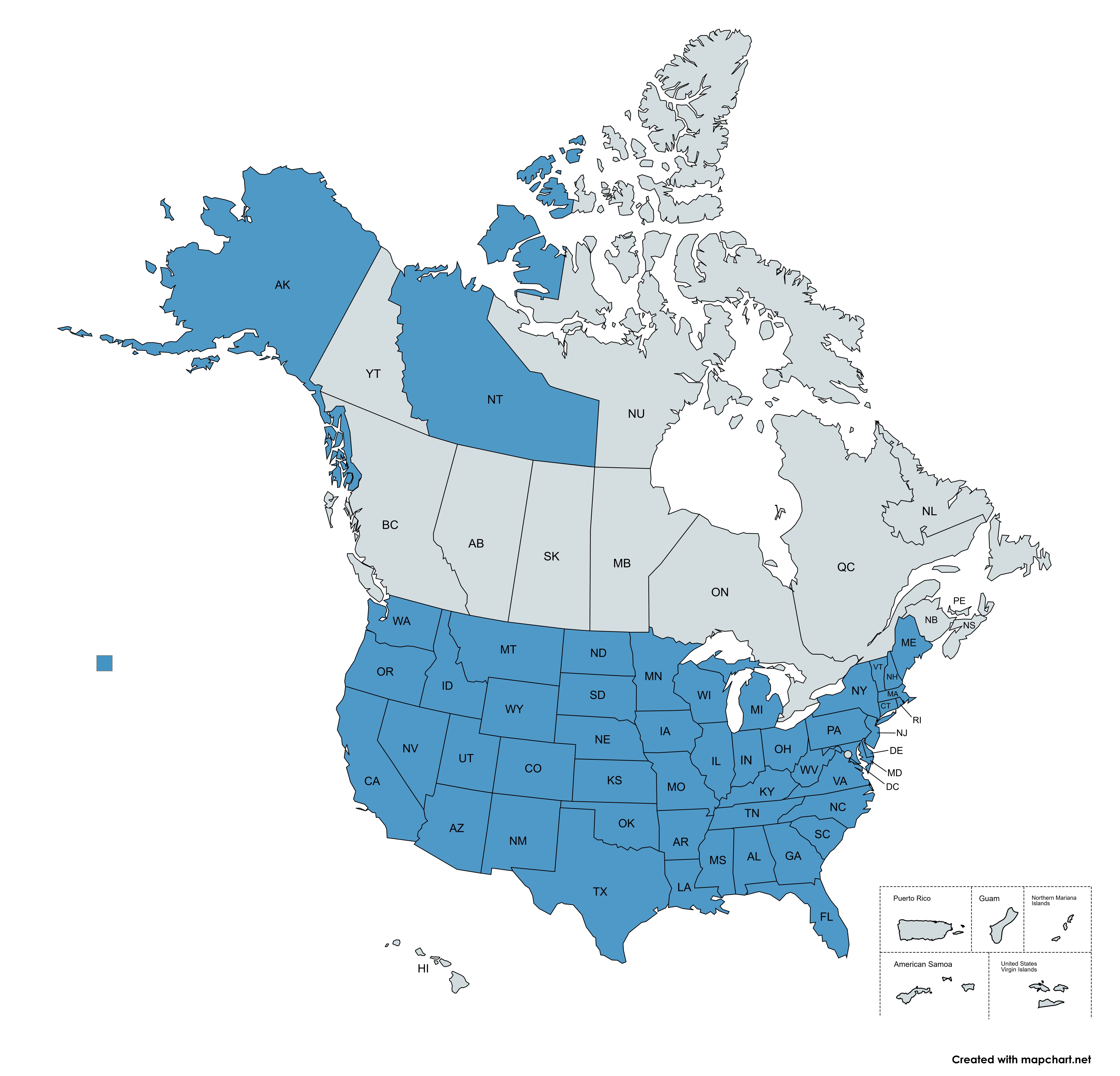
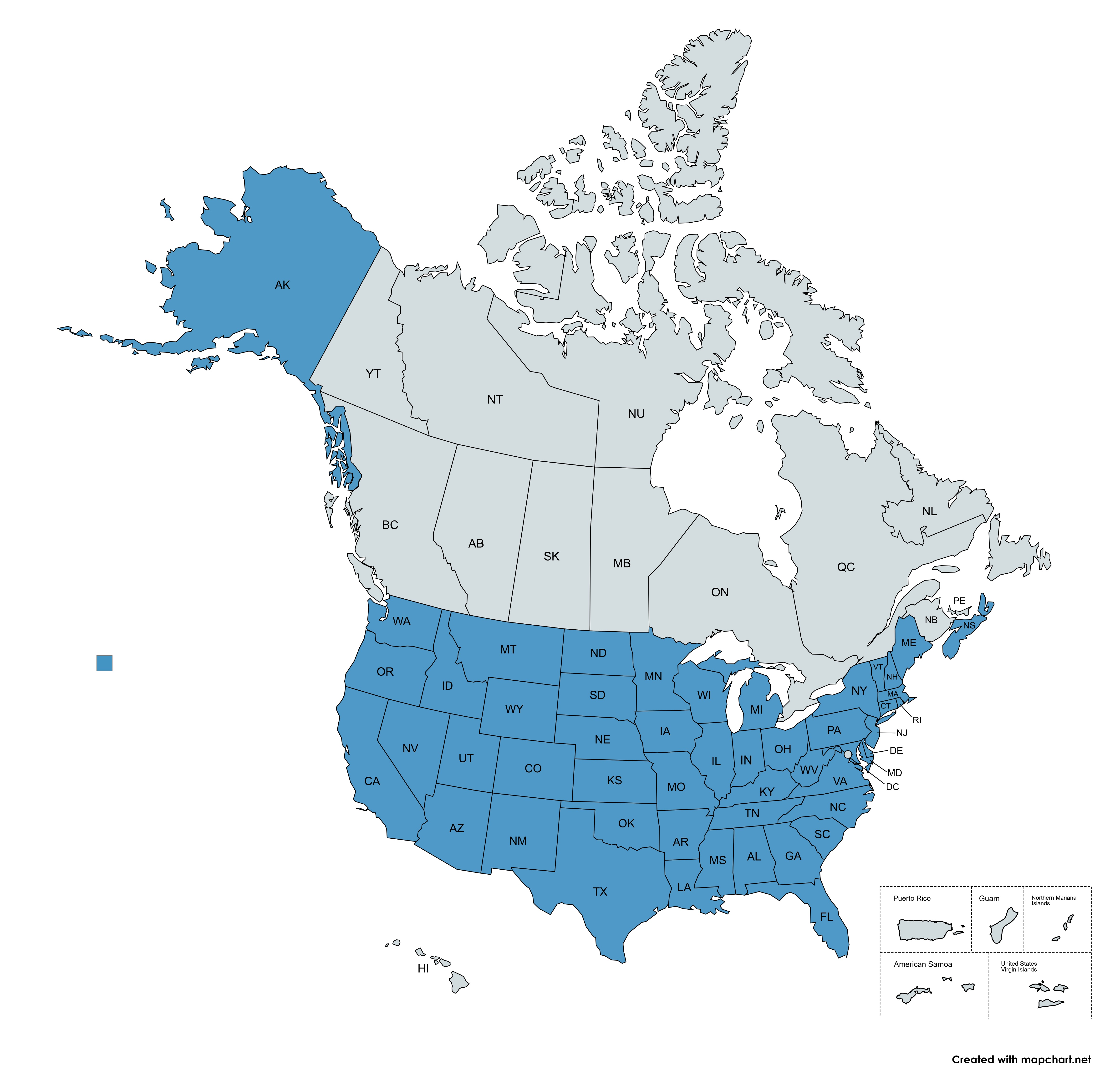
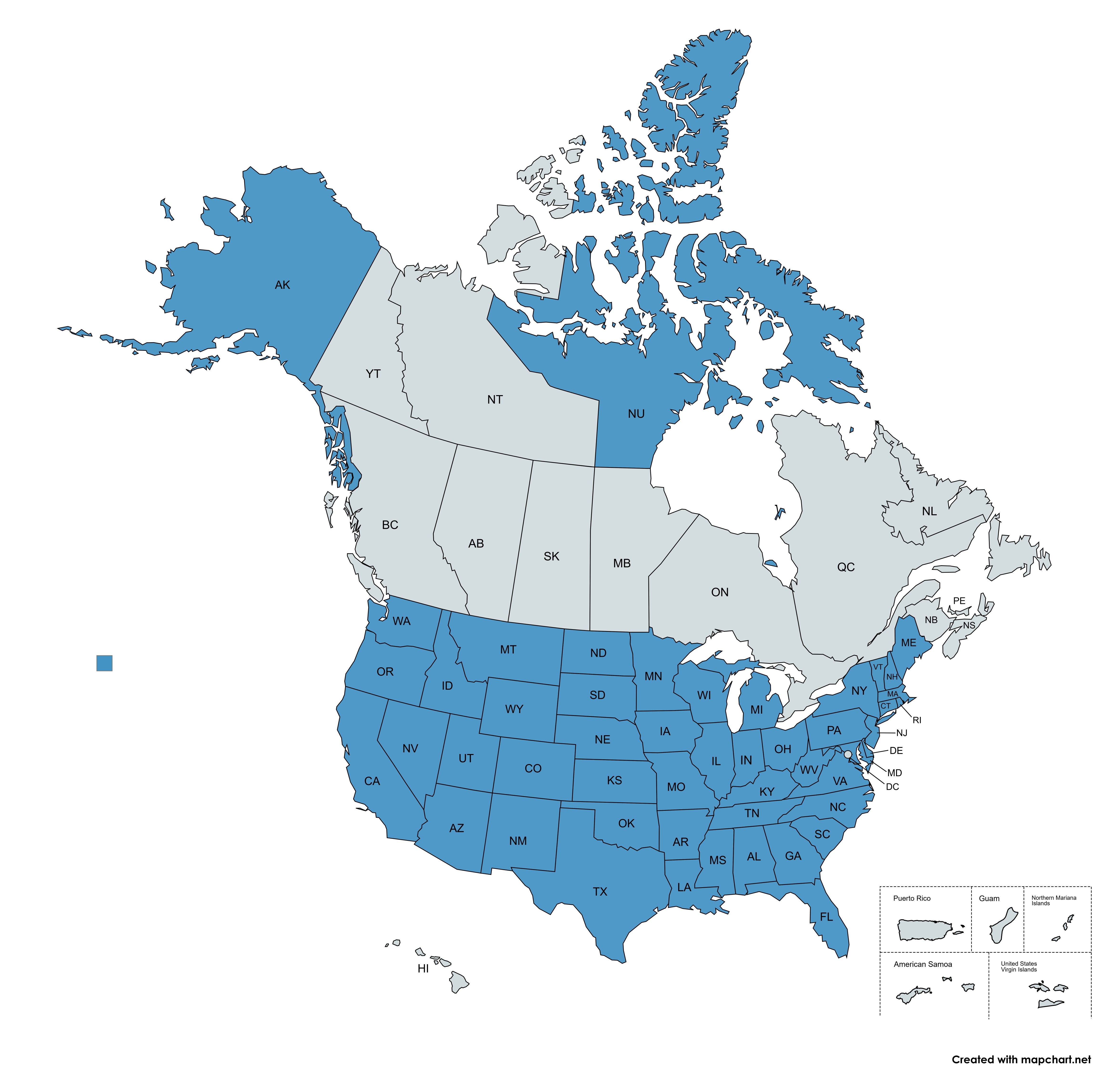

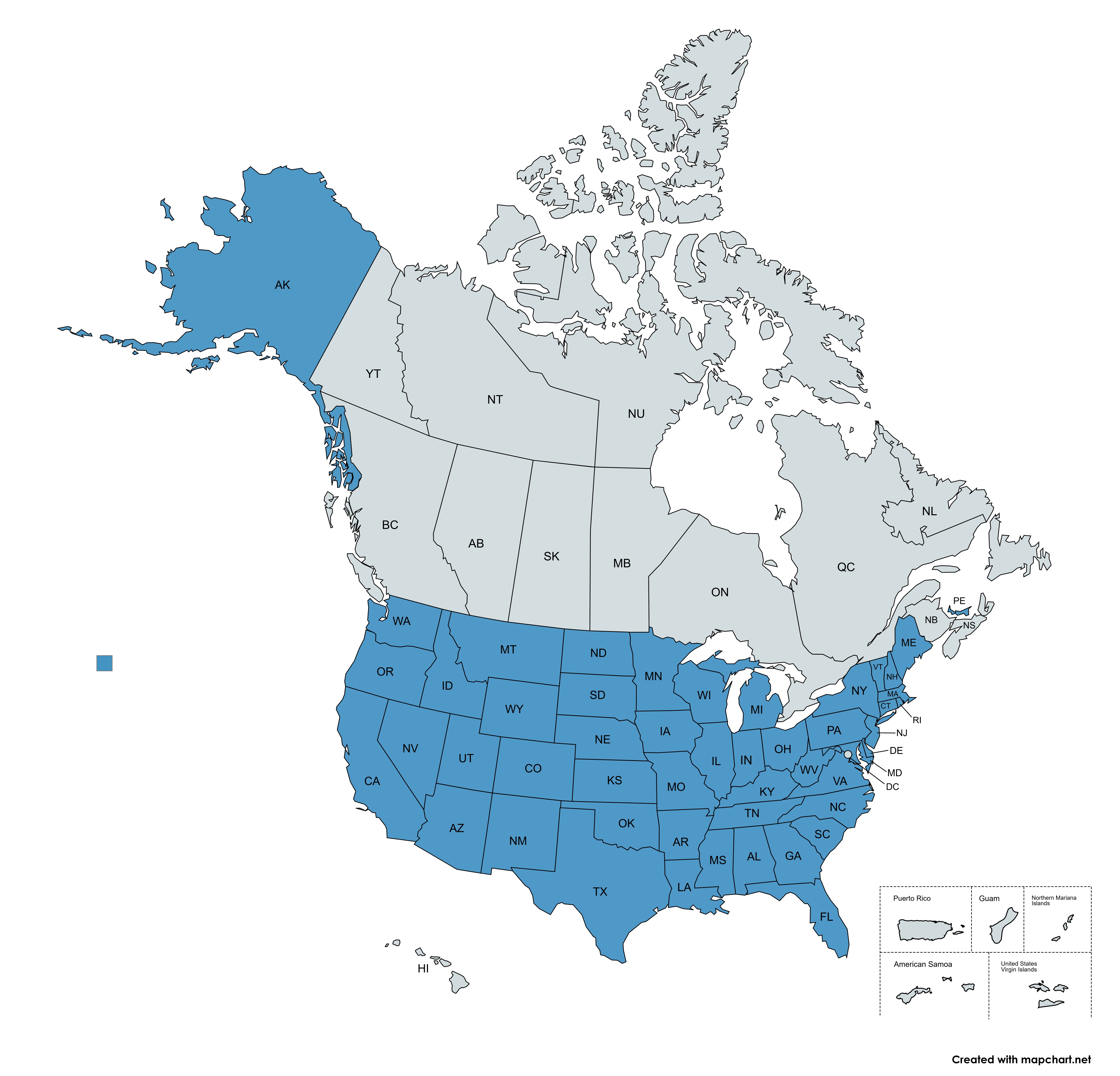

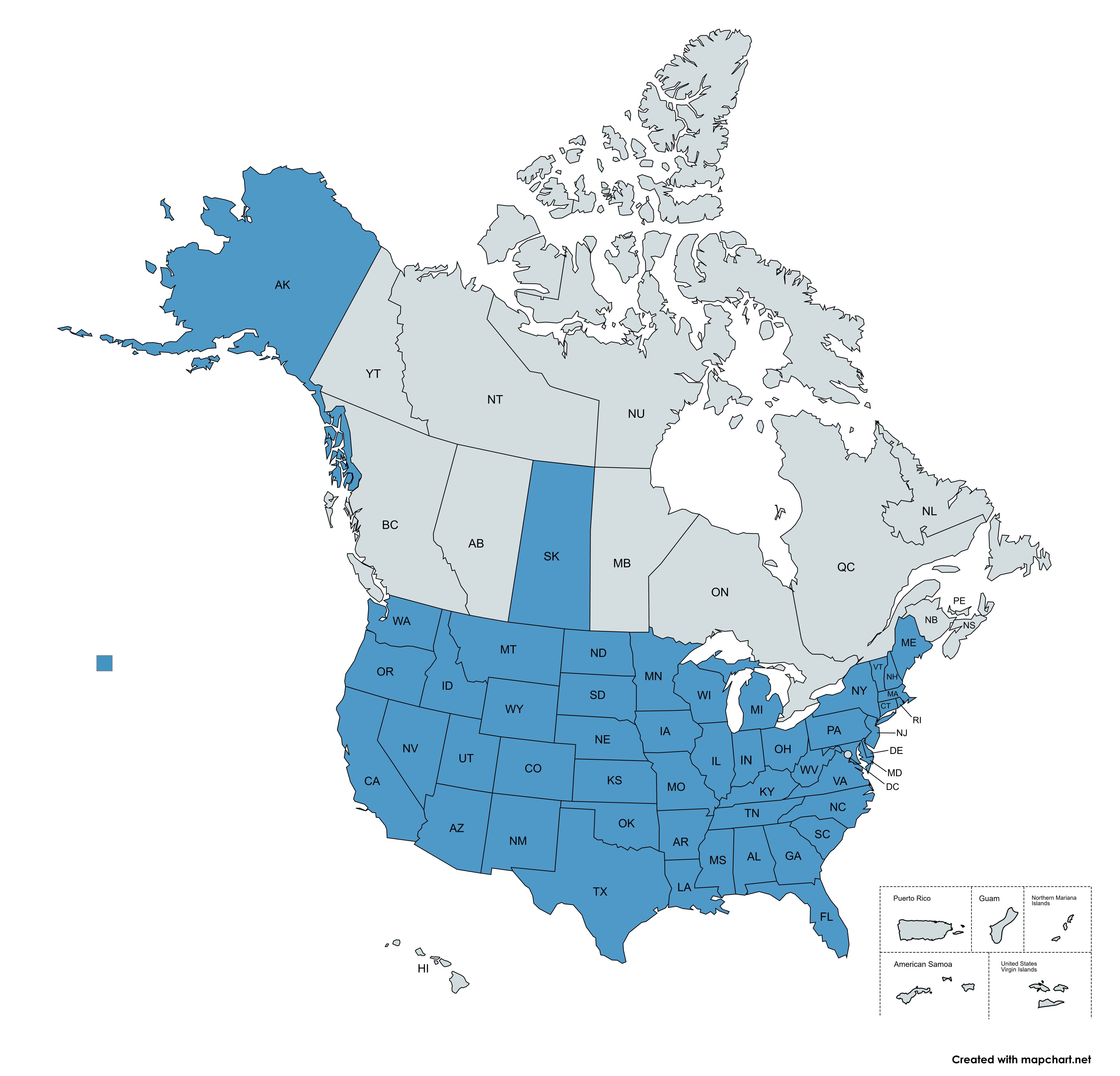
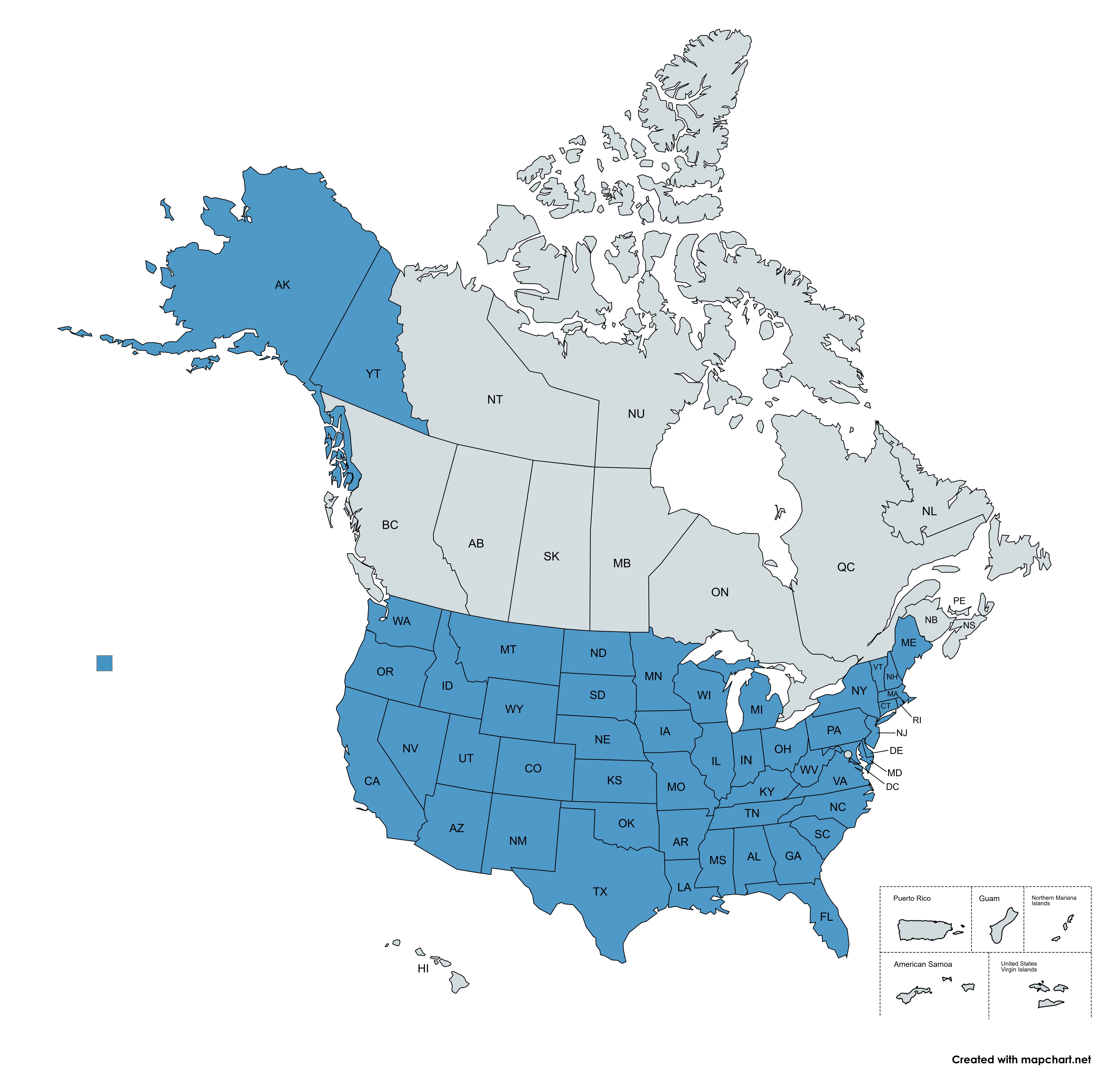
Comments (1)
Vicki
April 24, 2025, 11:02 amI understand that Canadians have strong national pride and a sense of loyalty to their country. But it seems that the benefits for any one province are significant. Many Canadians have dual citizenship and take pride in being citizens of each country. I'm on the side of unification in some way, shape or form. But, I'm an American and cannot understand the feelings of Canadians on this issue fully. I do look forward to some discussion here about this issue. I also believe that Canadian opinions will likely vary from province to province. If any province were to vote for independence and then vote to join the U.S., I think it is important that they are given statehood individually, one state/province at a time. In this case, Albertans can remain Albertans and Yukonians (is that the right way to say it?) can remain Yukonians etc. In any case I hope for the U.S.A. and Canada to come back together with a stronger relationship than even that which we've had in the past.